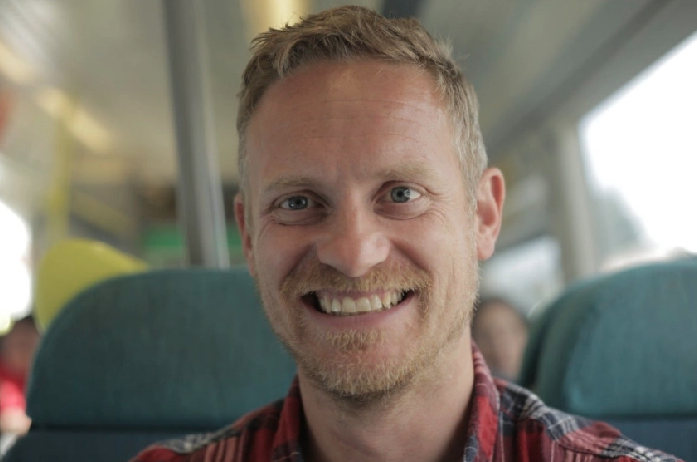Our Sustainable Innovation and Marketing Consultant, Jimmy Dorrell, spoke to Vicky Edwards from the Chichester Observer a few weeks back. We thought some of our readers may be intrigued to read the conversation and find out more about how Medisort are finding more sustainable solutions to healthcare waste management.
Why is Medisort’s work so important?
We help businesses in the healthcare industry dispose of their waste the right way. This is important: there have been many stories of illegal treatment of healthcare waste and we are pleased to offer our customers a trusted route.
Healthcare waste must be dealt with safely and effectively but we also recognise that we should work on solutions that enable waste to be recycled.
One of the largest quantities of waste we collect is nappies.
At present, most nappies are landfilled and we are working to find more sustainable solutions.
Tell me about the seminar that took place recently?
The seminar last month was held at Brighton University.
The objective was to share our exciting progress. It was a call to action too; we are very open about the need for collaboration.
We are a small business trying to crack a huge waste problem and we would like to expand the number of people involved in the project. We are now one year into our three year challenge to fix the nappy waste problem. The event was a very important first step in getting industry collaborators together and we were overwhelmed by the response of people from all parts of the supply chain including care homes, hospitals, consumers and manufacturers. Some very important opportunities have come out of the event and we are delighted in how being open and collaborative has paid off.
What sort of statistics are we looking at with single-use nappies?
With one baby using close to 4,000 nappies in its first 2.5 years and up to 3 million people in the UK having some degree of urinary incontinence, it’s safe to say that there are a lot of nappies and other absorbent products hanging around our planet.
Single-use nappies, incontinence pads, and other absorbent hygiene products (AHPs) take several hundreds of years to degrade in landfills.
What kinds of possibilities are you exploring?
Where landfill, and, at best, incineration has been the main focus for hazardous waste, we are seeking to treat the waste and extract the materials for recycling. Finding an end market is so important. There is no point in collecting waste to recycle if nobody wants the product at the end. We are exploring truly circular economy routes, where the materials are used in similar or the same products. We are also looking to the paper industry where we have found encouraging signs that a large proportion of nappy waste, the cellulosic fibre, could be turned into paper products.
As individuals, what can we do?
Anyone who knows someone who has had children in the last 20 years will know the huge volume of nappy waste that is produced. We are asking people to put pressure on their elected officials, councils and brands to get involved. Significantly, anyone who uses Medisort for their commercial waste is supporting our investment into this project.
This article was originally posted on the Chichester Observer. Thanks to Vicky for taking the time to talk to us and share our story.

